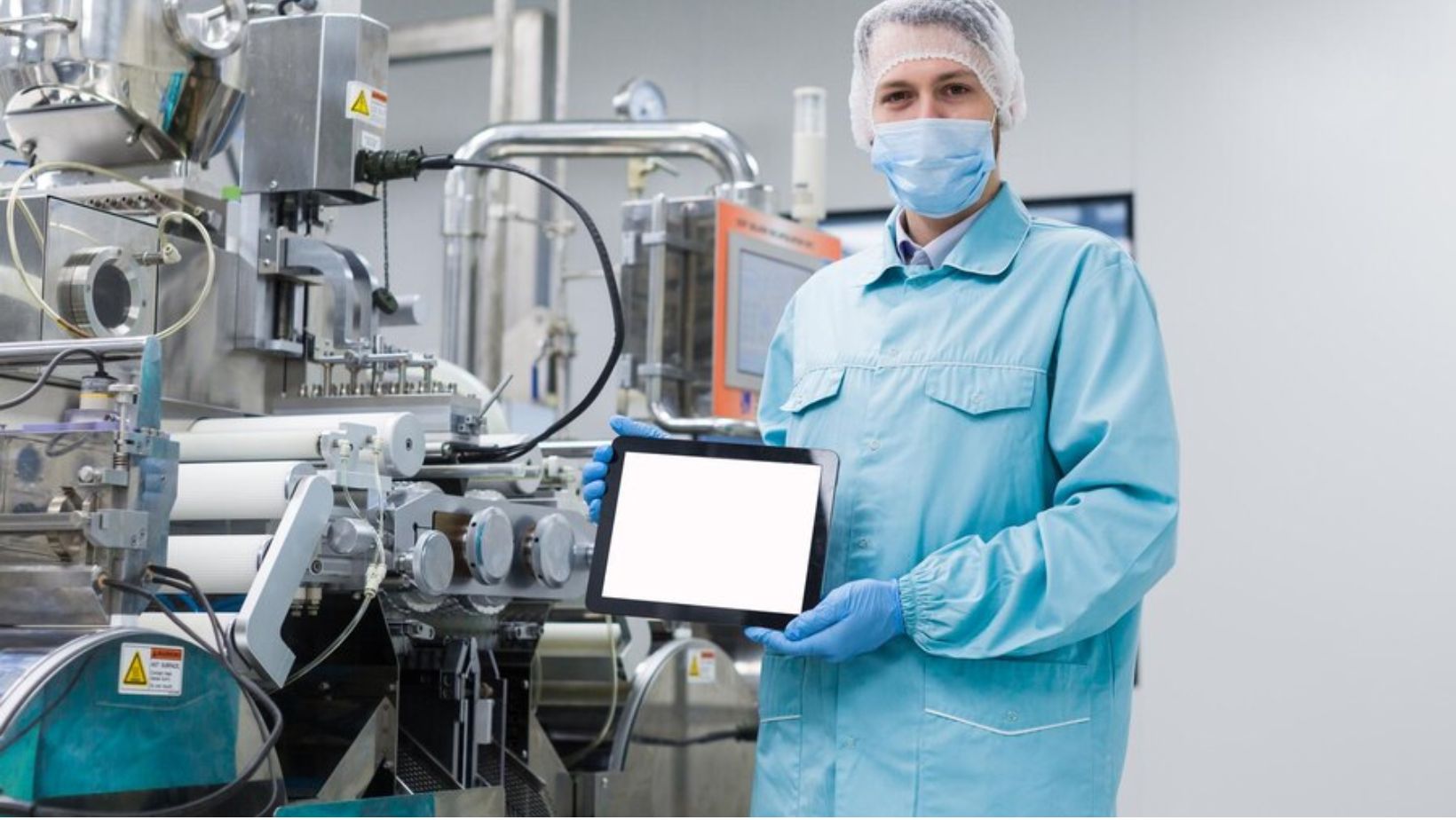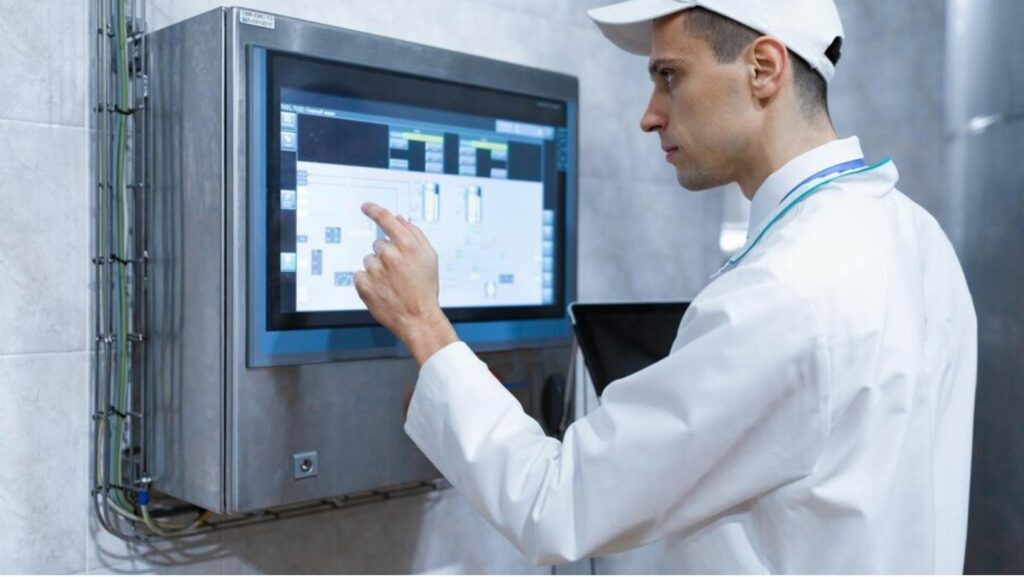Industrial environments are increasingly adopting hydrogen as a clean energy source due to its efficiency and environmental benefits. However, hydrogen’s highly flammable nature necessitates strict safety measures to protect workers and equipment. Hydrogen sensors play a vital role in monitoring and managing hydrogen levels to prevent accidents, detect leaks early, and ensure safe operations in industrial settings. Understanding the importance of hydrogen sensors and their role in maintaining safety and productivity can help industries make informed choices about their safety protocols.
The Rising Role of Hydrogen in Industry
As industries aim to reduce their carbon footprint, hydrogen has become an attractive option due to its clean combustion and high energy potential. Hydrogen is commonly used in sectors like chemical manufacturing, oil refining, and fuel cells for power generation. According to a study by the International Energy Agency, global demand for hydrogen has increased significantly, and its production is set to grow rapidly in the coming years.
However, hydrogen’s potential for leaks and explosions underscores the need for accurate detection. A leak can lead to dangerous fires, making real-time monitoring essential. By using high-quality hydrogen sensors, industries can ensure that hydrogen is used safely and efficiently.
How Hydrogen Sensors Work
Hydrogen sensors detect the presence and concentration of hydrogen gas in the air. These sensors come in various types, each designed to suit different industrial needs. Common types include catalytic sensors, electrochemical sensors, and solid-state sensors, each offering unique advantages depending on the environment.
Catalytic sensors detect hydrogen by measuring the heat produced when hydrogen oxidizes on the sensor’s surface. Electrochemical sensors, on the other hand, generate a current when hydrogen is present, allowing them to measure hydrogen concentration accurately. Solid-state sensors use materials that react to hydrogen, changing their electrical properties to signal the presence of the gas. These varied technologies allow industries to choose sensors that best suit their specific requirements. Responding to the growing need for hydrogen, on their website, leading innovators of hydrogen sensing state the importance of hydrogen gas safety. As hydrogen is poised to become a clean, secure, and affordable alternative fuel source, the development of reliable and quality hydrogen-sensing products becomes all the more crucial.
Preventing Explosions and Ensuring Safety
One of the primary reasons hydrogen sensors are essential in industrial environments is their role in preventing explosions. Hydrogen is flammable at concentrations as low as 4% in the air, which means even a minor leak can pose serious risks. Detecting hydrogen at low concentrations allows industries to take swift action, often before a leak becomes hazardous.
For example, hydrogen sensors can trigger alarms, ventilation systems, or automatic shutdowns when hydrogen levels exceed safe limits. These measures can prevent dangerous situations, protect employees, and reduce the risk of costly equipment damage. The National Fire Protection Association (NFPA) has established guidelines for hydrogen use and storage, many of which emphasize the importance of real-time monitoring.
Reducing Operational Downtime and Costs
Hydrogen leaks can cause unexpected shutdowns, leading to lost productivity and revenue. Detecting leaks early with sensors minimizes downtime by enabling swift corrective action. This reduces costs associated with equipment damage and extended shutdowns for repairs or safety inspections.

Additionally, hydrogen sensors can help avoid expenses related to insurance claims or legal liabilities if an accident occurs. Investing in reliable hydrogen sensors not only protects human lives but also saves companies substantial money by preventing accidents and maintaining efficient operations.
Meeting Regulatory Compliance
Industries working with hydrogen are subject to stringent safety regulations from agencies like the Occupational Safety and Health Administration (OSHA) and the Environmental Protection Agency (EPA). These regulations often require companies to install hydrogen detection systems to monitor for leaks and ensure a safe working environment.
Hydrogen sensors help industries comply with these regulations by providing accurate data on hydrogen levels. Regular sensor maintenance and calibration further ensure that readings remain accurate over time, keeping companies in line with legal requirements and reducing the risk of fines or shutdowns. Compliance not only avoids penalties but also strengthens a company’s reputation as a responsible entity committed to safety.
Improving Worker Confidence and Productivity
A safe work environment has a direct impact on employee morale and productivity. When workers know that the necessary safety measures, including hydrogen sensors, are in place, they can perform their tasks with confidence. This peace of mind leads to higher job satisfaction and can boost productivity by reducing stress and safety concerns.
For companies looking to retain skilled workers and improve workplace culture, investing in comprehensive safety equipment like hydrogen sensors is a clear indicator of commitment to worker well-being. Knowing that safety is prioritized fosters a stronger, more motivated workforce and creates a positive atmosphere in industrial settings.
Enhanced Data Analysis for Predictive Maintenance
Modern hydrogen sensors are equipped with digital capabilities that allow them to store and analyze data over time. This data can be used for predictive maintenance, enabling companies to identify trends and potential issues before they cause a leak or breakdown. By analyzing data from hydrogen sensors, maintenance teams can perform targeted inspections and repairs, reducing unexpected issues.
Predictive maintenance lowers operational costs and minimizes the risk of accidents, as equipment is maintained proactively. This data-driven approach to safety and maintenance is becoming increasingly popular across industries, allowing for optimized performance and improved risk management.

Hydrogen sensors are not just safety devices; they are essential tools that enable industries to adopt hydrogen responsibly and maintain a secure work environment. By monitoring hydrogen levels, preventing leaks, reducing costs, and supporting worker confidence, these sensors play a crucial role in the transition to cleaner energy sources in industrial settings.

